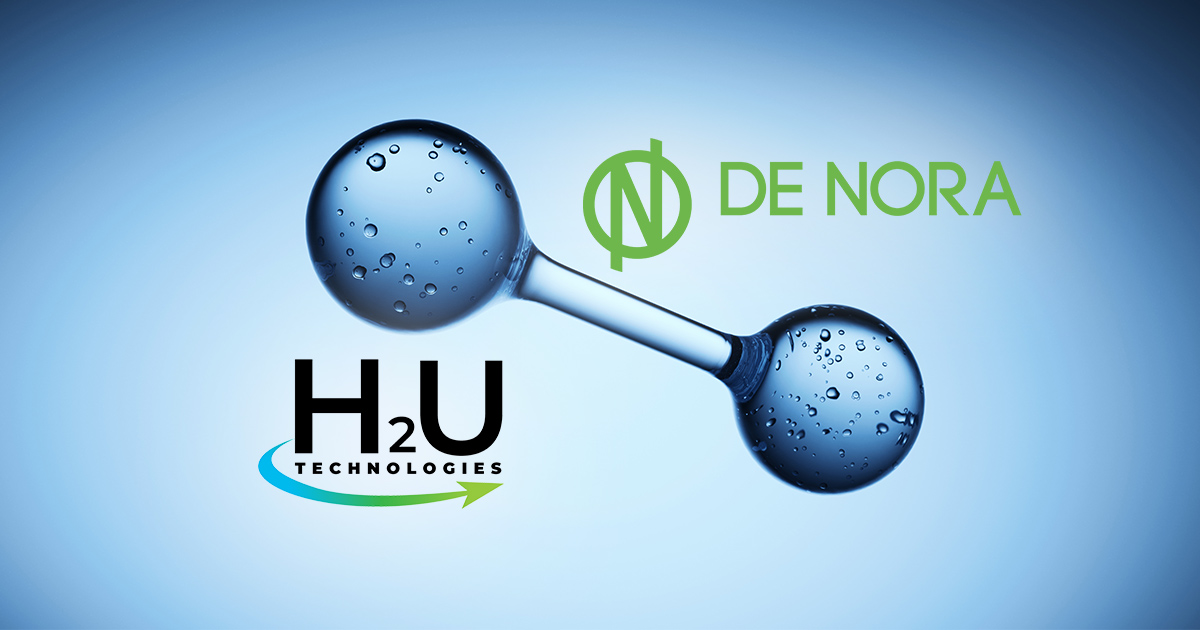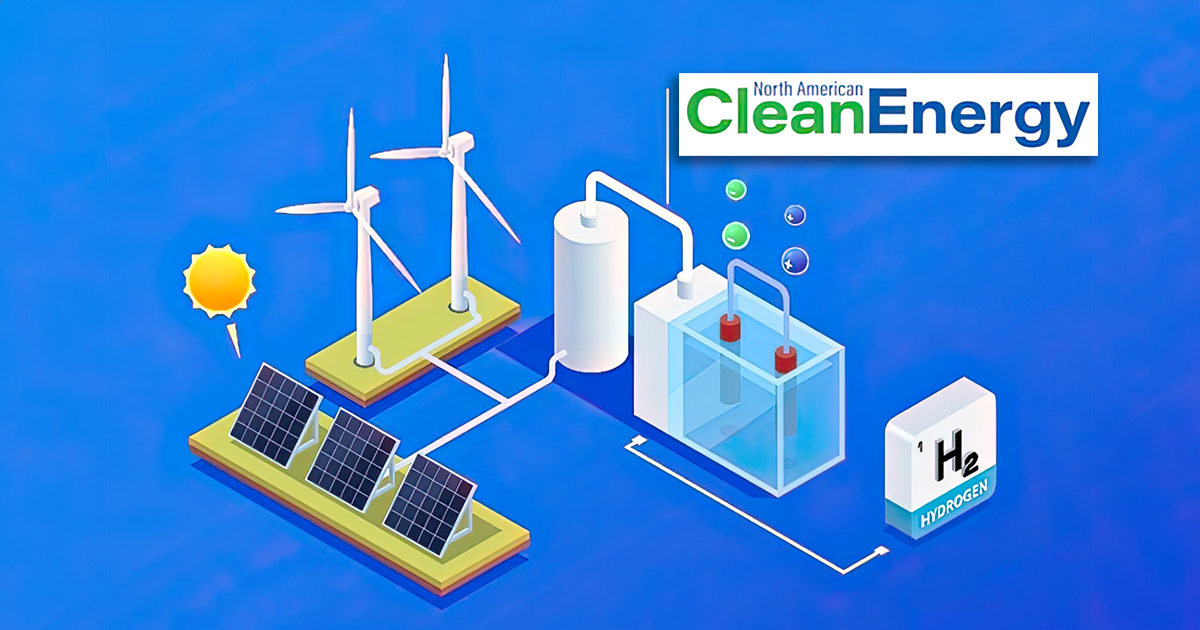Partnership Will Address Cost and Supply Chain Issues for Rare Platinum Group Metal (PGM) Electrocatalyst Materials
CHATSWORTH, Calif. – March 9, 2023 – H2U Technologies and Tokyo Gas Co., Ltd. have partnered under a multi-year Joint Development Agreement (JDA) to discover novel catalysts and develop techniques to apply those catalysts onto membranes. The companies will leverage H2U’s proprietary Catalyst Discovery Engine™ (CDE™) to reduce the cost of Proton Exchange Membrane (PEM) electrolyzers.
Energy suppliers and manufacturers across the globe are taking the initiative to scale up electrolyzer manufacturing, especially for Proton Exchange Membrane (PEM) electrolyzers that are ideal for making “green” hydrogen from renewable energy sources like wind and solar. However, a major hurdle stands in the way. Contemporary PEM electrolyzer designs rely on rare, costly platinum group metals (PGMs) like iridium, a very expensive element with a highly constrained supply. That’s where H2U’s proprietary CDE comes into play. The CDE allows scientists to rapidly discover and develop novel catalysts that are composed of abundant materials costing a fraction of the price of precious metals in use today. H2U scientists then use artificial intelligence and machine learning (AI/ML) to further refine the search for the optimal catalyst materials.
By collaborating with H2U and utilizing the CDE, Tokyo Gas aims to develop low-cost, high-performance, non-iridium catalysts and catalyst-coated membranes, thereby developing an insurance policy against future supply chain issues. Tokyo Gas plans to utilize hydrogen produced from electrolysis either directly or to manufacture e-methane.
“We’re very pleased to initiate this joint development agreement with H2U Technologies to discover and evaluate new electrocatalyst compositions,” said Executive Officer, Director Dr. Hisataka Yakabe. “Undertaking electrolyzer catalyst discovery with H2U scientists presents an opportunity to leverage their unique and proprietary CDE with AI/ML capabilities and collaborate to test these low-cost, non-iridium materials in commercially relevant conditions.”
“Our CDE is a great opportunity for energy suppliers, renewable hydrogen project developers, and electrolyzer manufacturers, like Tokyo Gas, to discover and develop efficient, active, and lower-cost replacements for PGM-based electrocatalysts within a joint development approach,” commented Mark McGough, CEO of H2U Technologies. “The cost of producing green hydrogen today is too high and the reliance on rare and costly catalyst materials is not sustainable. Through scientific collaboration, our CDE will allow Tokyo Gas to rapidly discover novel materials so they can bring their own PEM electrolyzers to market and produce renewable hydrogen at affordable costs. We’re very pleased to work with Tokyo Gas to help them accelerate the delivery of green hydrogen to their customers.”
To learn more about H2U’s CDE, visit calicat.com. H2U can also be found on LinkedIn and Twitter.
About Tokyo Gas Co., Ltd.
Founded in 1885, Tokyo Gas Co., Ltd. is Japan’s largest provider of city gas primarily in the Tokyo metropolitan area and surrounding Kanto region. Since the liberalization of Japan’s electricity market, it has also been providing electricity in the same area. As of its group’s management vision “Compass2030,” Tokyo Gas promotes the challenge of achieving “Net-Zero CO2” and will lead the transition to a decarbonized society.
About H2U Technologies, Inc.
H2U Technologies is a California-based developer of low-capital-cost, iridium-free proton exchange membrane (PEM) electrolyzers that are particularly suited for pairing with renewable energy sources. The company leverages its Catalyst Discovery Engine™ (CDE™) capabilities to develop novel catalysts for use in its electrolyzer systems. The world-class technology featured in H2U Technologies’ products stems from ten years of research and development at Caltech, funded by the U.S. Department of Energy. For more information, visit calicat.com.



